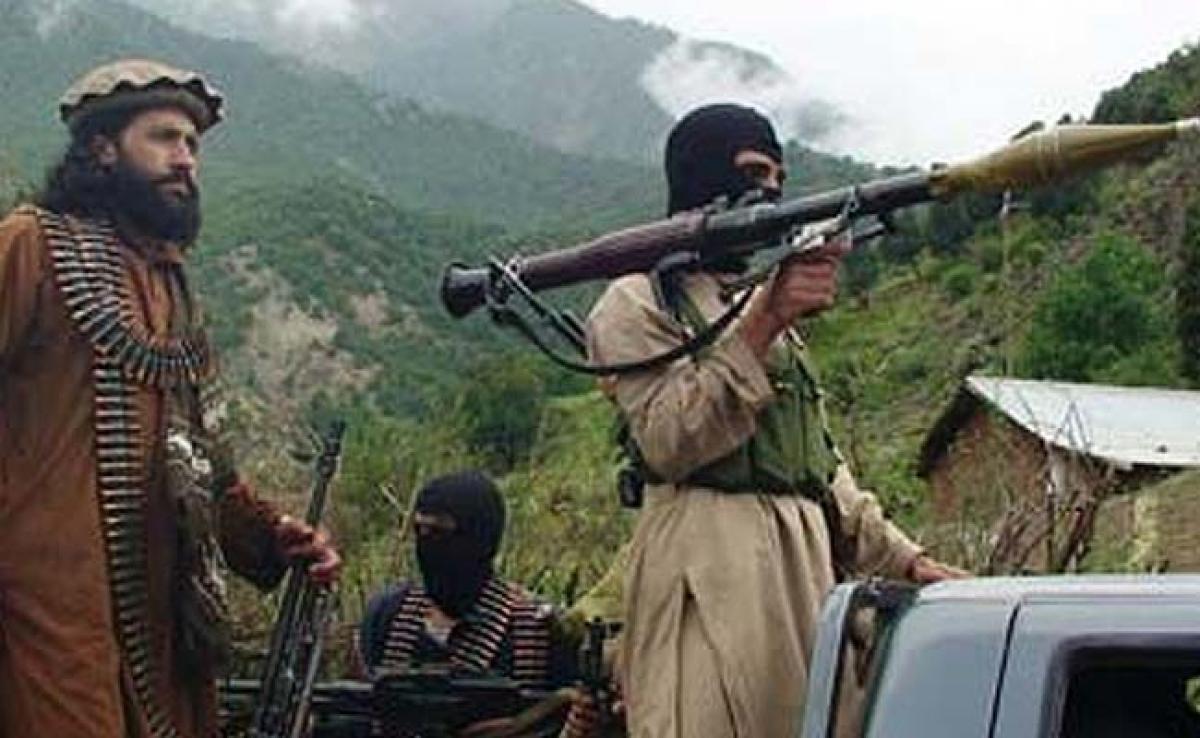Live
- BRS MLA Patnam Narender Reddy Gets Relief from High Court
- Shafali Verma Dropped as India Names 16-Member Squad for December ODIs Against Australia
- Leaked! iPhone 17 Battery, Camera, Chipset, Design and Display Upgrades
- Kerala mulls increasing retirement age of govt employees to 57
- Credit, deposit growth now in line with each other in India: Report
- Very 'productive' meeting with PM Modi, says British PM Starmer
- Actor Satyadev in Bengaluru to promote Zebra movie
- Vijaya Chaitanya Palanki Leads the Development of Advanced Data Analytics Algorithms for Upsell Scoring, Churn Prediction, and Promotion Management
- Wanaparthy collector says Prajapalana Vijayotsava kaka yatra from 19 Nov to 7 Dec
- Hamas says security operation kills 20 aid truck looters










